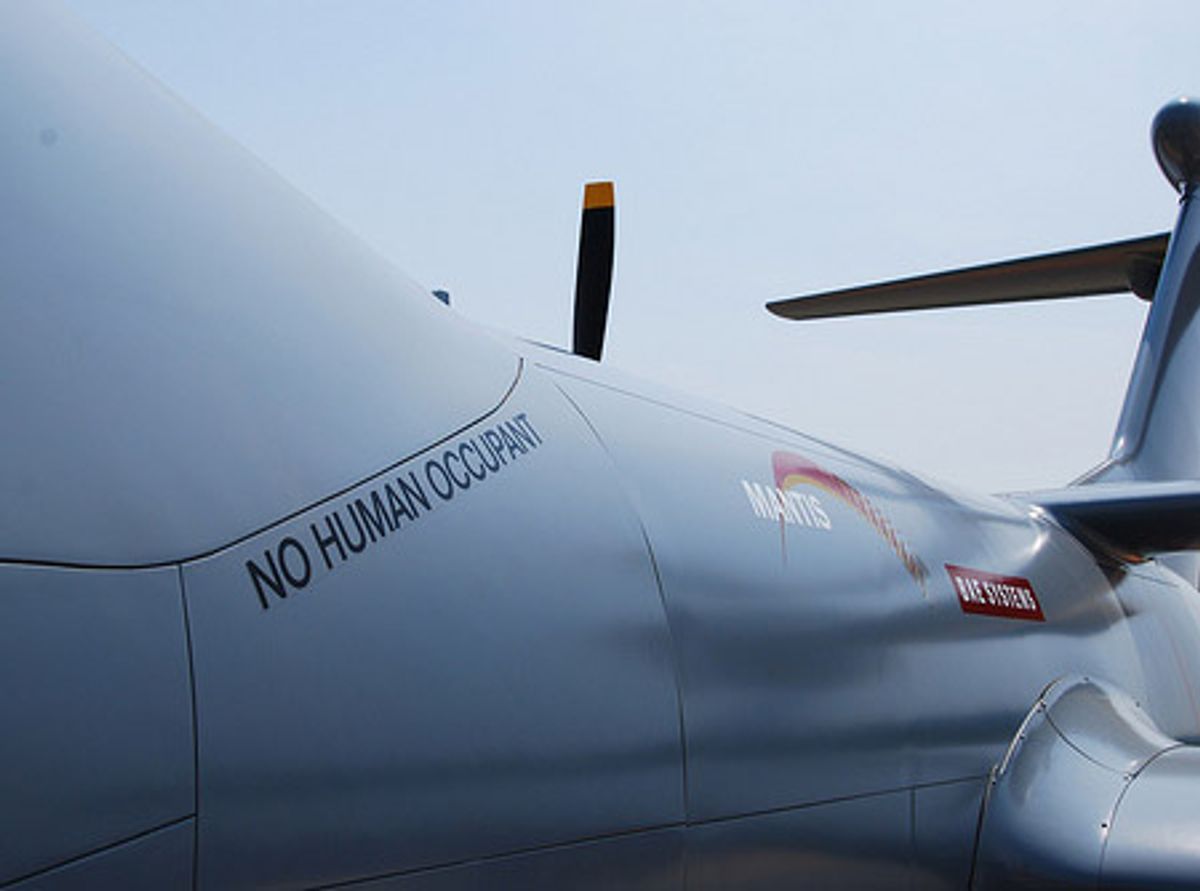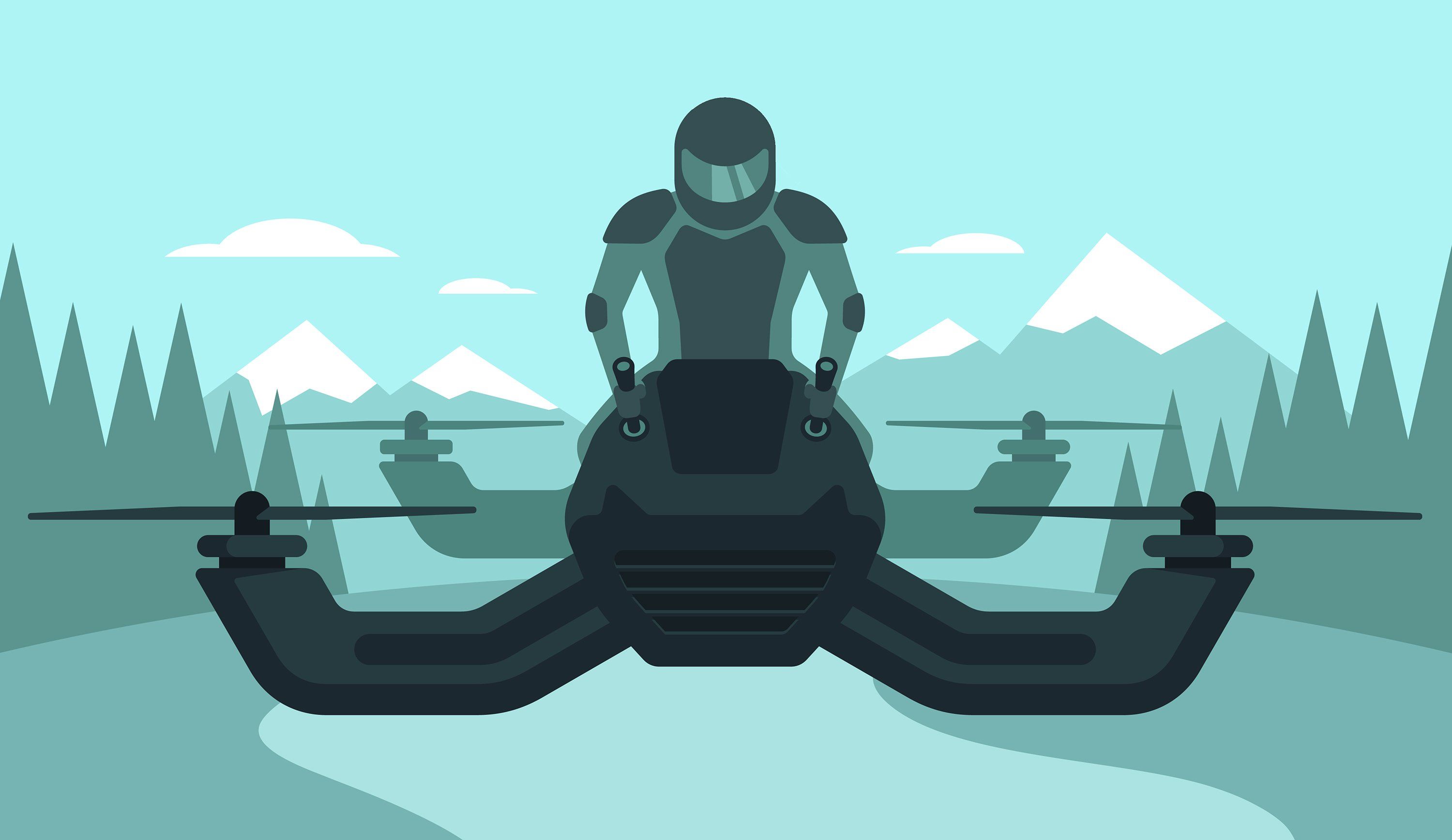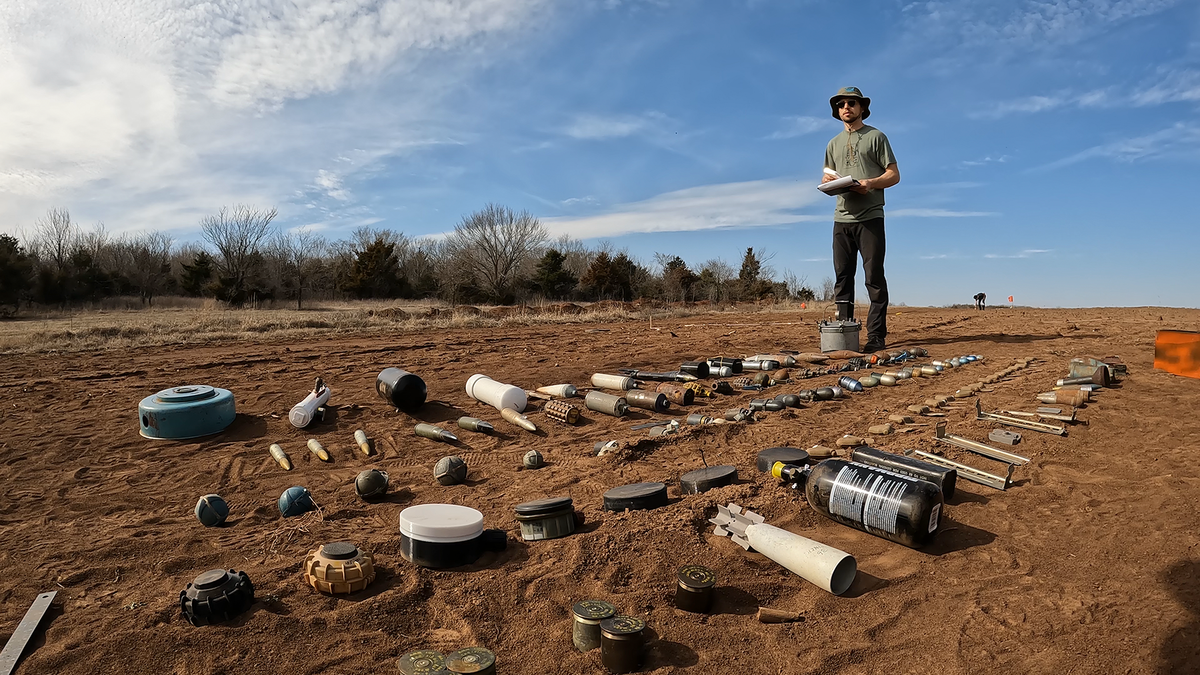With a few arguably strange exceptions, nobody likes being spied on, and when you hear the phrase "domestic surveillance," for better or worse being surveiled upon comes to mind. It's unfortunate that the recent accessibility of unmanned aircraft has gotten drones wrapped up in all of this paranoia legitimate concern, and a new poll from Monmouth University shows that people are definitely worried about law enforcement using camera-equipped drones.
The poll asked a national sample [approximately1.700 people] about four potential uses of unmanned drones by U.S. law enforcement. An overwhelming majority of Americans support the idea of using drones to help with search and rescue missions (80%). Two-thirds of the public also support using drones to track down runaway criminals (67%) and control illegal immigration on the nation’s border (64%). One area where Americans say that drones should not be used, though, is to issue speeding tickets. Only 23% support using drones for this routine police activity while a large majority of 67% oppose the idea.
Here are the details.
To me, these data reinforce the fact that drones (and robots in general) have a serious and not entirely logical public perception problem. For example, let's take a look at the question about drones issuing speeding tickets. It's definitely worth considering whether people would react as badly when polled on the issue of using manned aircraft to issue speeding tickets, which is a fairly common practice if all the signs they put up warning drivers about it are to be believed. If people react just as badly, then it's the ticketing, not the drone, that's the problem. If people are more comfortable with the idea of a manned aircraft issuing tickets, then we really have to start to ask questions.
For example, what if it's a manned aircraft, but tickets are issued based on a video stream sent to a police officer on the ground? Or what if it's a manned aircraft with an officer inside it ticketing speeders, but the aircraft is on autopilot? The point here is that there's essentially no difference between the functionality of a manned aircraft for this purpose compared to the functionality of an unmanned aircraft, not to mention that technically a manned aircraft on autopilot is more of a "drone" than an unmanned aircraft being continuously remote controlled, so what is it that people are worried about?
My point here is that it's important to distinguish between whether people are bothered by the drone itself, or what the drone is doing, and it may be that the poll just doesn't go deep enough to figure out which one it is. Having said that, it's certainly true that drones are a technology that makes it cheaper and easier to conduct surveillance, and there isn't (yet) much in the way of a legal framework to prevent or restrict it. What it's important to remember, though, and even more important to communicate to people who are less familiar with robots, is that robots are tools. We build them, we program them, and we decide what it is or is not okay for them to do.
Evan Ackerman is a senior editor at IEEE Spectrum. Since 2007, he has written over 6,000 articles on robotics and technology. He has a degree in Martian geology and is excellent at playing bagpipes.




